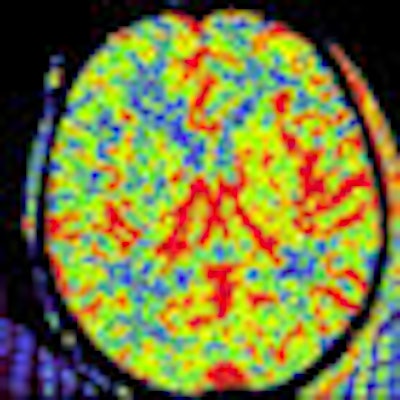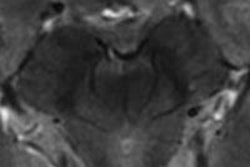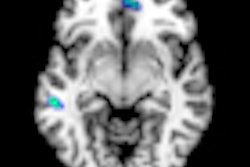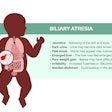
LONDON (Reuters) - The annual cost of brain disorders in Europe has soared to 798 billion euros ($1 trillion U.S.) and the region is facing a political, social, and financial "ticking bomb" as more people fall prey to mental illnesses, researchers said on Tuesday.
A study by the European Brain Council (EBC) said the bill for disorders such as depression, anxiety, insomnia, and dementia, will rise as people live longer, making it "the number one economic challenge for European healthcare."
The cost projection comes in the wake of a study last month that found Europeans are plagued by mental and neurological illnesses with almost 165 million people, or 38% of the European Union population, suffering each year.
The 798 billion euro figure -- which equates to 1,550 euros ($2,000 U.S.) per person in Europe -- is more than double the estimate made by a previous EBC study, published in 2005.
"The increasing burden and the associated increasing cost of disorders of the brain is a ticking bomb under the European economy and the EU society as a whole," said the report by experts in Britain, Germany, Italy, Sweden, and across Europe.
They called for a major increase in research funding and resources to help fend off the threat.
Some big drug companies, in Europe particularly GlaxoSmithKline and AstraZeneca, have been backing away from investment into research on how the brain works and affects behavior, putting the onus on governments and health charities to stump up funding for neuroscience.
Lack of drug success
Experts say stricter European regulations for drugs with an effect on the central nervous system have been partly to blame, as has the industry's recent lack of success in developing effective brain disease medicines.
The trend of pharmaceutical companies leaving Europe in favor of the United States, China, and India has also undermined the industry's private-public cooperation with the European Commission, the Brain Council's report said.
The study looked at more than 100 mental and neurological disorders -- ranging from headaches, migraines, and sleep disorders to strokes, Parkinson's disease, psychotic disorders, and dementia -- and described their economic and social impact as "immense and expanding."
The cost of brain disorders is substantially higher than other long-term or chronic illnesses like heart disease or cancer. The European Heart Network set the EU cost of cardiovascular disease at 192 billion euros in 2008, while the total annual cancer cost is estimated at 150 to 250 billion euros.
Without action, the situation can only get worse, the report said.
"Because of the aging European population, degenerative disorders are particularly destined to become more common, such as dementia, Parkinson's disease, and stroke, but anxiety and mood disorders are also very prevalent at high age."
The EBC study was conducted by epidemiologist and health economists and was more wide-ranging that the previous one in 2005, this time covering 30 countries, compared to 28, and taking in 19 diagnostic groups of disorders rather than 12.
It found that in 2010, direct healthcare costs of brain disorders -- covering things like doctors' visits, hospital care, and drugs -- accounted for 24% of the European Union's total healthcare expenditure, which is estimated at about 1,260 billion euros for 2010.
Indirect costs such as loss of productivity because of absence from work or enforced early retirement, add "considerably" to this, the report said.
The World Health Organization (WHO) estimates that brain diseases cause 35% of the burden of all disease in Europe.
According to the EBC, the costs of each disorder vary widely, with neuromuscular disorders costing just over 30,000 euros a patient a year, compared to headaches at 285 euros.
The total annual cost of mood disorders -- including major depression and bipolar disorder -- is the highest of the 19 groups, estimated at just over 113 billion euros. This is followed by dementia at 105 billion euros.
Sleep disorders cost 348 euros per patient per year -- but their burden is high because almost 45 million people suffer from them, compared to around 500,000 with multiple sclerosis. ($1 = 0.733 Euros)
By Kate Kelland
Source: http://bit.ly/nXrnl1
European Brain Council, 4 October 2011.
Last Updated: 2011-10-04 9:56:03 -0400 (Reuters Health)
AuntMinnieEurope.com editor's note about home page brain image: Measuring parenchymal blood volume for the whole brain in 3D can be used to compare regions of interest within different lobes. Images may be obtained in less than 40 seconds. Image courtesy of Siemens Healthcare.
Copyright © 2011 Reuters Limited. All rights reserved. Republication or redistribution of Reuters content, including by framing or similar means, is expressly prohibited without the prior written consent of Reuters. Reuters shall not be liable for any errors or delays in the content, or for any actions taken in reliance thereon. Reuters and the Reuters sphere logo are registered trademarks and trademarks of the Reuters group of companies around the world.



















